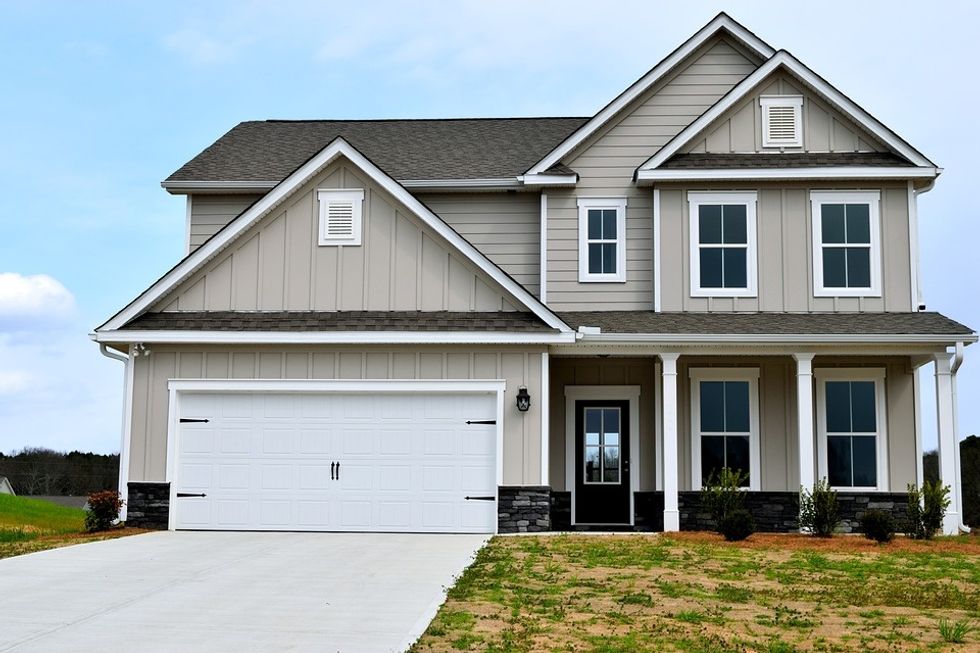Are you planning to buy a new home soon? For most of us it would be a dream come true to find that perfect home, and buy it without having to bother with mortgages or loans. However, this is completely out of reach for most people in the UK as the vast majority of us will need to arrange a mortgage to buy a home. For example, if you want to buy a home in the next year, you have to make sure you're saving enough for your deposit. This helps increase your appeal to mortgage lenders and could get you a better offer.
Buying a home is an involving venture. Thus, you must be ready to undertake the various aspects that are involved. And there are factors that you should consider anytime you intend to make a purchase.
Research
Have you done some research about your area, and have you considered an extensive internet search as well as driving around and visiting places nearby? It is good to do your research. This will help you to find out about the market conditions, the current home prices, the best locations, the high-end spots, the best firms to work with (if you're relocating to a completely different country or area), and even the best parks and recreational opportunities in your location.
Budget
Before you begin your house hunt, you must know how much you can afford to spend. The amount you intend to have as a deposit should be set aside already. When you're looking for a mortgage, make sure you use a reliable and trustworthy broker who can give you all the advice and help make all the paperwork easy and hassle free for you. For those of you who are salaried individuals such as top directors, you could even get a director's mortgage with dividends dependent on your circumstances.
Buying a house you can afford helps prevent your financial reserves from running dry. It's important to shop within your budget, as most lenders will look closely at your monthly income and outgoings, and will not agree to lend you more than you can comfortably choose to repay.
Deposit availability
How much do you already have for a deposit? You should consider your potential for a deposit as early as you start to hunt for a house. In most cases, you should have at least 10% and up to 20% of the total home cost available as a deposit. Do not underrate this factor if you really want to succeed in your house buying venture.
The last thing to consider is what your mortgage broker will need to see from you in order to make a successful mortgage application.
You'll need Proof of ID, proof of address, proof of income (either payslips or accountants reports), proof of payment of taxes (if self-employed), proof of outgoings…..applying for a mortgage isn't necessarily complex, however, you just need to make sure you have all the bits you need before you get started.


















